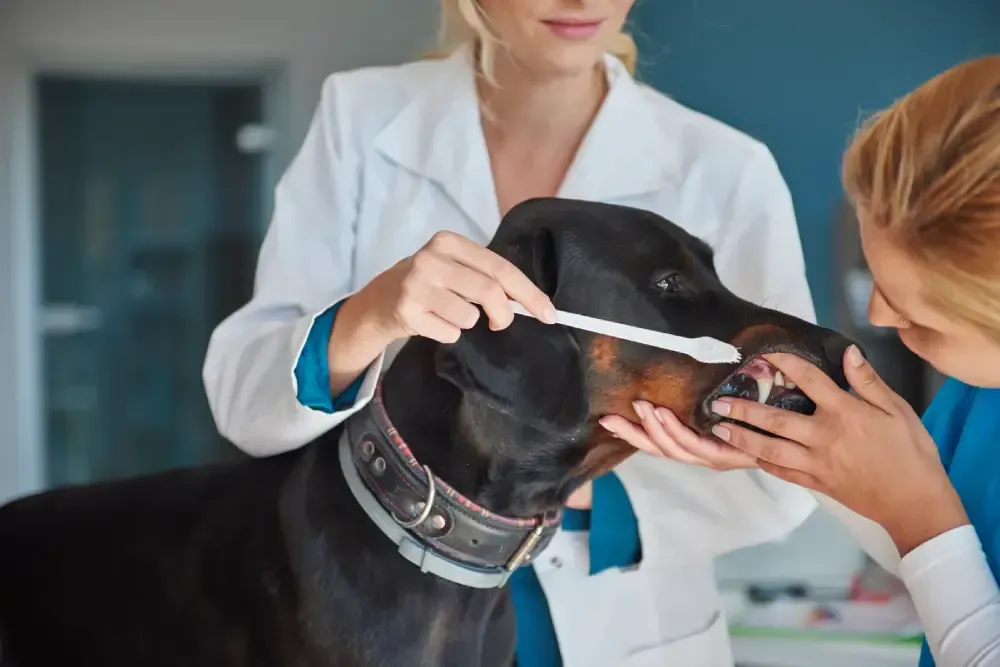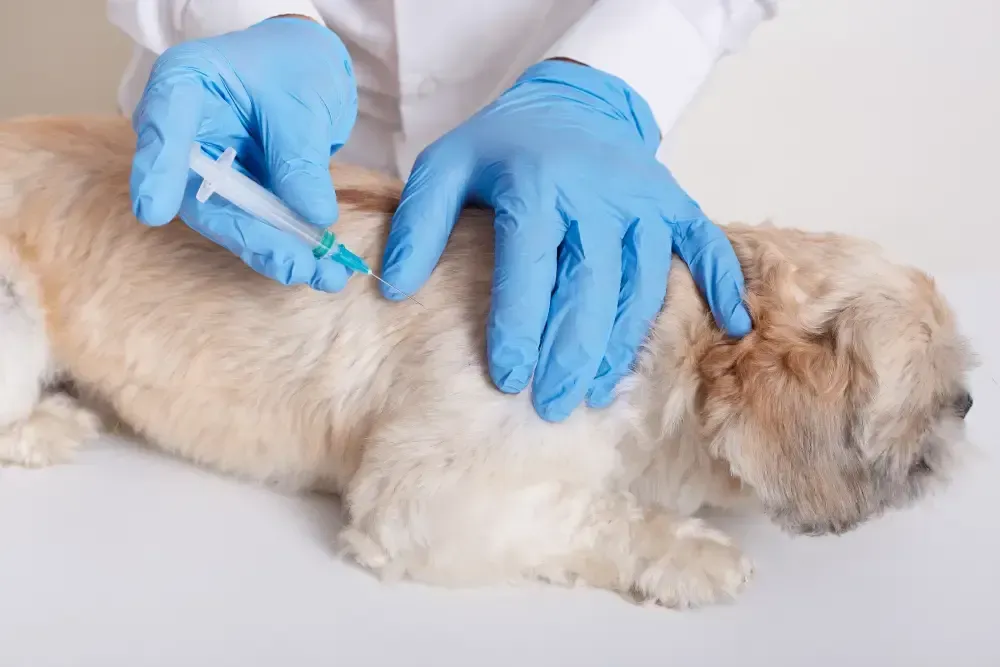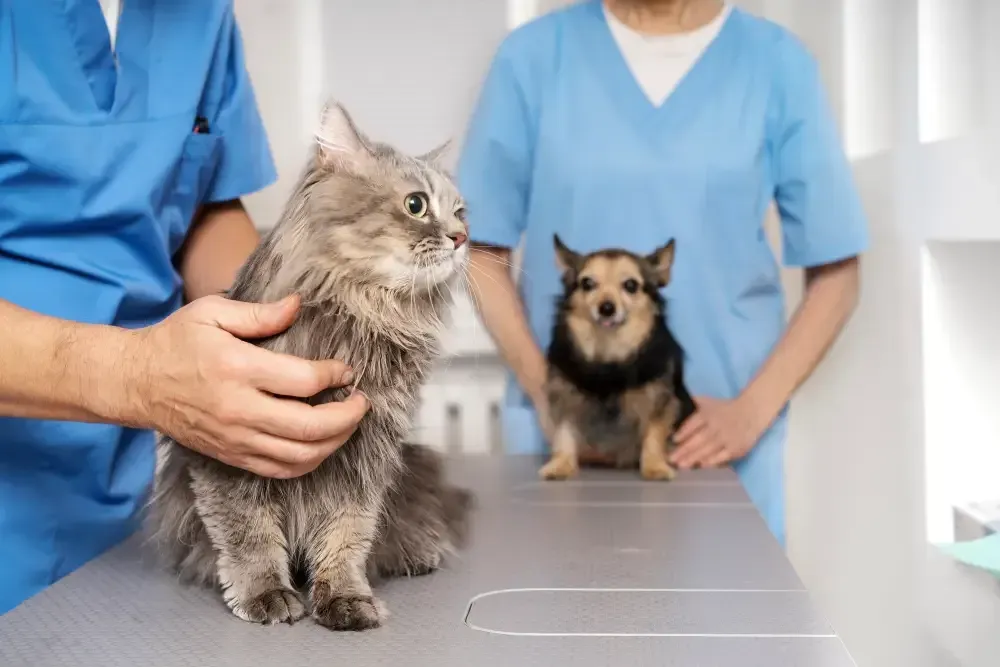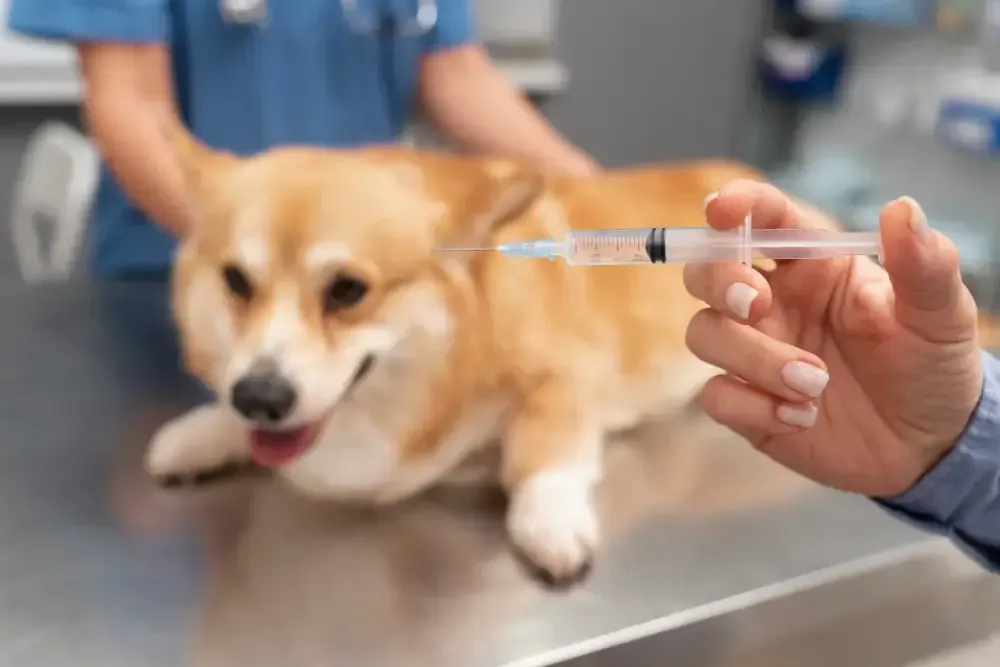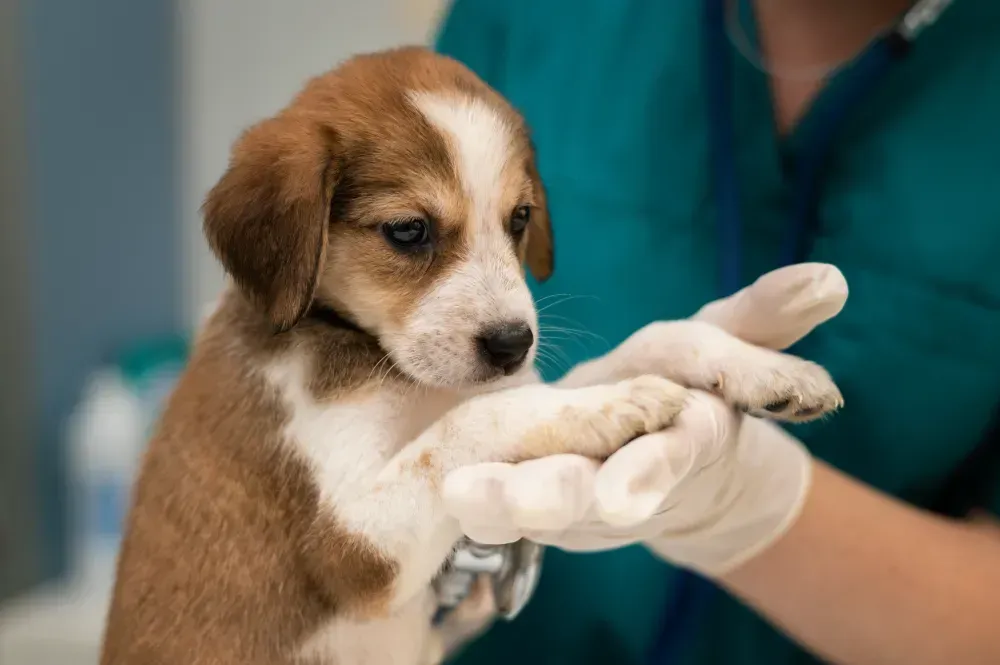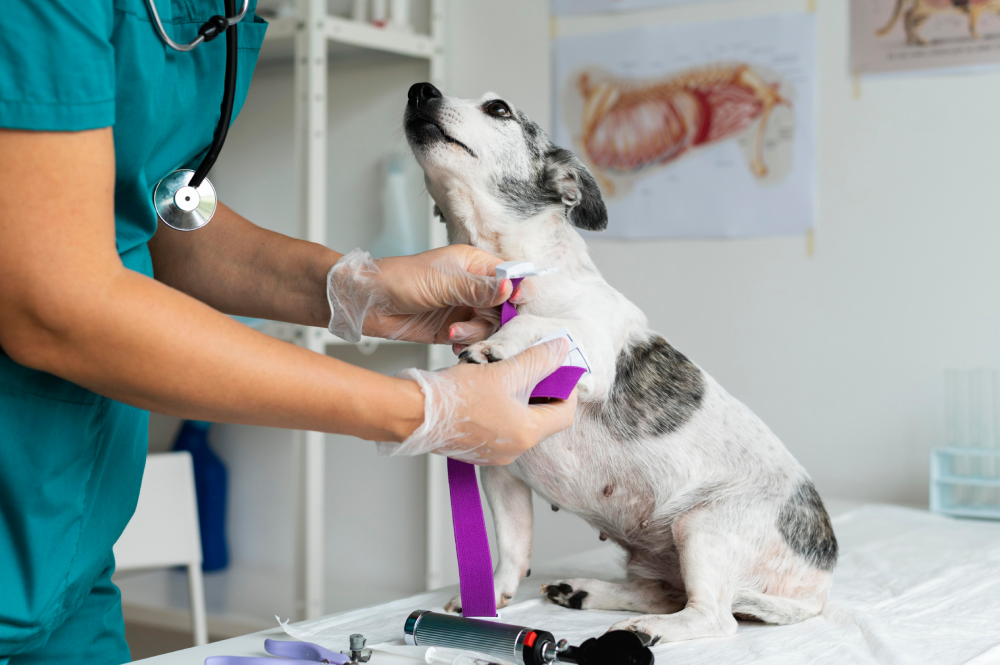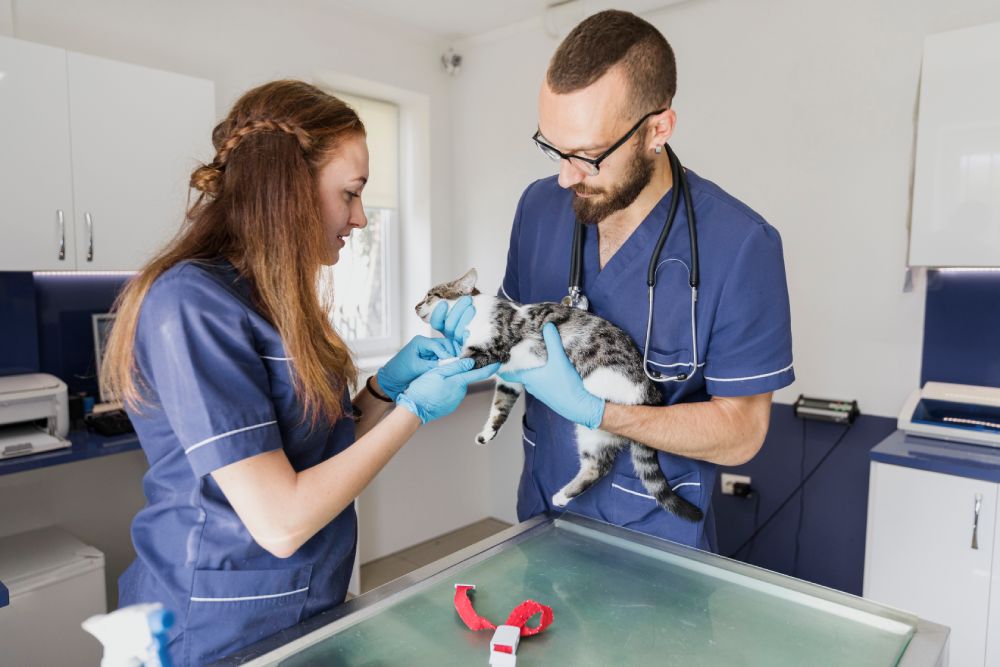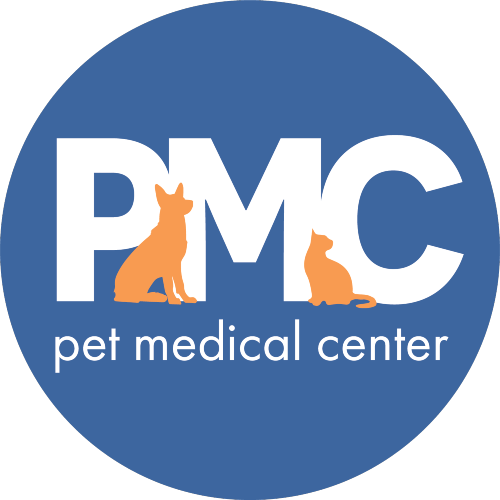Veterinary Clinic: Understanding Specialist and Emergency Care
Caring for a pet means planning for both routine wellness and unexpected crises. Whether your dog needs a yearly checkup or your cat suddenly needs life-saving attention, understanding the difference between a pet clinic, a veterinary clinic, and the specialized services they offer can make all the difference in keeping your pet healthy. In this guide, we will break down what sets these facilities apart, what to expect during emergencies, and how places like the Pet Medical Center can help you navigate pet care—whether your pal is due for a vaccination or racing against time in an emergency.
What Is a Pet Clinic? Routine Care Near You
A pet clinic is your first stop for everyday pet health. Think of it as your neighborhood doctor’s office, but for animals. These clinics focus on preventive care, wellness exams, vaccinations, parasite control, and minor illnesses. Your local pet clinic is where you take your pet for annual checkups, dental cleanings, and advice on nutrition and behavior. At Pet Medical Center, our pet clinic services are designed to keep your pet in top shape, catching small issues before they become big problems.
For most pet owners, a visit to the pet clinic is a regular part of life. When your puppy needs shots or your senior cat needs a routine blood panel, you will find friendly, familiar faces and a welcoming environment at your nearest pet clinic. These facilities are staffed by general veterinarians who are trained to handle a wide range of issues—but they’re not typically equipped for emergencies or complex surgeries. That’s why having a relationship with a pet clinic like Pet Medical Center ensures your pet gets consistent, quality care for their everyday needs.
Regular visits to a pet clinic are also a chance to build a medical history for your pet. Over time, these records help your veterinarian spot trends, detect early signs of disease, and make informed decisions about your pet’s health. At Pet Medical Center, your pet’s file is always up to date, whether it’s a kitten’s first exam or a geriatric dog’s wellness panel. If your pet is ever referred to a specialist or emergency clinic, this history becomes invaluable—helping other vets understand your pet’s unique needs and medical background.
What Is a Veterinary Clinic? Comprehensive Care for All Pets
When most people think of a veterinary clinic, they picture a place that does much more than routine checkups—and they’re right. A veterinary clinic typically offers a broader range of services, including diagnostics, surgery, dental care, and sometimes even critical care for less urgent emergencies. Unlike a basic pet clinic, a veterinary clinic may have advanced equipment like X-ray machines, ultrasound, and in-house labs for quick test results.
At Pet Medical Center, our veterinary clinic is staffed with experienced veterinarians who can handle everything from spaying and neutering to diagnosing and treating infections, skin conditions, and minor injuries. If your dog swallows a toy and needs X-rays, or your cat develops a urinary blockage, a veterinary clinic has the tools and expertise to act fast. The goal is to provide as much care as possible under one roof, minimizing the need for stressful trips to multiple locations.
But not all veterinary clinics are the same. Some focus on general practice—seeing cats, dogs, and sometimes exotic pets for routine and non-emergency cases. Others may offer limited emergency hours, helping pets who fall ill after regular business hours. At Pet Medical Center, our veterinary clinic is designed to be your pet’s medical home, offering both preventive and sick care, and coordinating with specialists when needed.
It’s important to know your veterinary clinic’s capabilities. While some can manage stable emergencies, others may refer you to a dedicated emergency hospital for critical or after-hours cases. If your pet starts vomiting repeatedly, has trouble breathing, or is hit by a car, a veterinary clinic with emergency capacity can provide initial stabilization before transferring you to a specialty center if necessary.
Specialist Veterinary Care: When General Isn’t Enough
Sometimes, your pet’s health issue is too complex for a general veterinary clinic. This is where veterinary specialists come in—vets with advanced training in areas like cardiology, oncology, neurology, dermatology, and surgery. These specialists work in specialty clinics, often attached to larger veterinary hospitals, and focus on specific conditions that require unique expertise and equipment.
For example, if your dog is diagnosed with heart disease, a veterinary cardiologist can perform advanced imaging, interpret echocardiograms, and prescribe specialized treatments. If your cat has cancer, an oncologist can guide you through options like chemotherapy or radiation. These services are not typically available at a general pet clinic or even a full-service veterinary clinic—they require referral from your primary vet and access to a specialty center.
At Pet Medical Center, we maintain close relationships with local and regional specialists. If your pet needs care beyond our scope, we coordinate with board-certified experts to ensure seamless, high-quality treatment. Our records and communication make the transfer smooth, and we stay involved in your pet’s journey every step of the way.
It’s also important to understand that seeing a specialist doesn’t always mean your pet is in crisis. Sometimes, it’s about getting the best possible care for a chronic or complex condition. Early referral to a specialist can often lead to better outcomes, especially for diseases that require ongoing management or advanced diagnostics.
Emergency Veterinary Care: Recognizing and Responding to Crisis
Pet emergencies can happen at any time—often without warning. Knowing when to seek emergency veterinary care is critical to your pet’s survival. While a pet clinic is perfect for wellness and minor illnesses, and a veterinary clinic can handle a range of health issues, emergencies call for immediate, specialized attention.
Signs that your pet needs emergency care include:
- Severe injuries: Broken bones, deep wounds, or heavy bleeding.
- Seizures or loss of consciousness: Continuous seizures or fainting spells.
- Difficulty breathing: Choking, gasping, or extreme panting.
- Sudden collapse or extreme lethargy: Inability to move or respond.
- Repeated vomiting or diarrhea: Especially with blood.
- Ingestion of toxins: Foods, plants, medications, or chemicals that are poisonous to pets.
If your pet shows any of these symptoms, head to the nearest emergency veterinary clinic right away. Unlike a standard veterinary clinic, these facilities are staffed 24/7 by teams trained in critical care. They have the equipment to stabilize patients, perform emergency surgeries, and provide intensive monitoring.
Pet Medical Center can guide you on what to do in an emergency and, if needed, connect you with local emergency clinics for after-hours care. Many veterinary clinics offer triage and basic stabilization, but true emergencies often require the advanced resources of a dedicated emergency hospital.
What Happens at an Emergency Veterinary Clinic?
When you arrive at an emergency veterinary clinic, your pet is triaged—assessed for urgency—by trained staff. Critical cases go first, while stable patients may wait. The veterinary team will ask about your pet’s symptoms, medical history, and any recent incidents. Be prepared to share information about medications, allergies, and what your pet may have eaten or encountered.
Diagnostics often include bloodwork, X-rays, and ultrasound to quickly identify the problem. Treatment may involve IV fluids, pain management, surgery, or antidotes for poisoning. The goal is to stabilize your pet and determine the next steps—whether that’s overnight monitoring, transfer to a specialist, or discharge with home care instructions.
At Pet Medical Center, we recommend keeping the number of your nearest emergency clinic handy, along with directions for after-hours care. Even if you never need it, being prepared can save precious time in a crisis.
The Link Between Pet Clinic, Veterinary Clinic, and Emergency Care
A well-rounded approach to pet health relies on all three: the pet clinic for routine care, the veterinary clinic for advanced diagnostics and treatment, and the emergency veterinary clinic for crises. Each plays a unique role in your pet’s health journey.
Your pet clinic is where you build trust and continuity with your veterinarian. The veterinary clinic expands the level of care available, handling illnesses and injuries that require more than a wellness check. And the emergency veterinary clinic is your safety net, providing lifesaving care when every second counts.
Pet Medical Center helps pet owners navigate this system with ease. Our team can advise you on the best place to go for your pet’s needs, whether it’s a routine visit, a diagnostic workup, or a critical emergency. We partner with specialists and emergency providers to ensure your pet gets the right care at the right time, with minimal stress and maximum compassion.
FAQs: Common Questions About Veterinary Specialist and Emergency Care
What is the difference between a pet clinic and a veterinary clinic?
A pet clinic is usually smaller and focuses on basic wellness, vaccinations, and minor illness care. A veterinary clinic offers a broader range of services, including diagnostics, surgery, and sometimes urgent care for non-life-threatening issues.
When should I take my pet to an emergency veterinary clinic instead of a regular veterinary clinic?
Go to an emergency veterinary clinic if your pet has severe injuries, is struggling to breathe, collapses, has prolonged seizures, ingests something toxic, or shows other signs of life-threatening distress. For less urgent issues—or if you’re unsure—call your veterinary clinic for advice.
How do I know if my pet needs to see a specialist?
If your pet has a complex, chronic, or rare condition (like cancer, heart disease, or neurological problems), your regular veterinary clinic may refer you to a specialist. These veterinarians have advanced training and equipment for specific health concerns.
What should I do if my pet has an emergency after hours?
Call your veterinary clinic first—many have recorded messages with emergency contact information. If you can’t reach them, head to the nearest emergency veterinary clinic. Keep their address and phone number in your phone for quick access.
Can I walk in to an emergency veterinary clinic, or do I need an appointment?
Emergency veterinary clinics are walk-in facilities—no appointment needed. They are staffed 24/7 to handle crises as they happen. However, calling ahead (if possible) lets them prepare for your arrival.
How can I prepare for a pet emergency?
Know the location and phone number of your nearest emergency veterinary clinic. Keep your pet’s medical records and a list of medications handy. Remove common toxins from your home, and learn basic pet first aid.
What happens if my pet gets referred to a specialist?
Your veterinary clinic will provide your pet’s medical history to the specialist, who will perform advanced diagnostics and recommend a treatment plan. Your regular vet stays in the loop and helps coordinate ongoing care.
Can I go straight to a specialist without a referral?
Most veterinary specialists require a referral from your primary veterinary clinic. This ensures your pet’s records are complete and the specialist understands your pet’s history and needs.
Knowing the difference between a pet clinic, a veterinary clinic, and a specialty or emergency center gives pet owners confidence in every stage of their pet’s life. At Pet Medical Center, we’re your partner in health—offering preventive care, sick visits, and guidance on when to seek higher levels of care. Whether your pet needs a simple checkup or faces a medical crisis, we help you make the best choice for their well-being.
Pet clinics are your home base for wellness and minor concerns. Veterinary clinics expand your options for diagnosis and treatment. Specialists and emergency clinics provide the expertise and resources for the most challenging cases. By understanding these distinctions—and knowing where to turn—you become the best advocate for your pet’s health and happiness.
Pet Medical Center
1416 S Duff Ave, Ames, IA 50010, United States
(515) 232-7204


